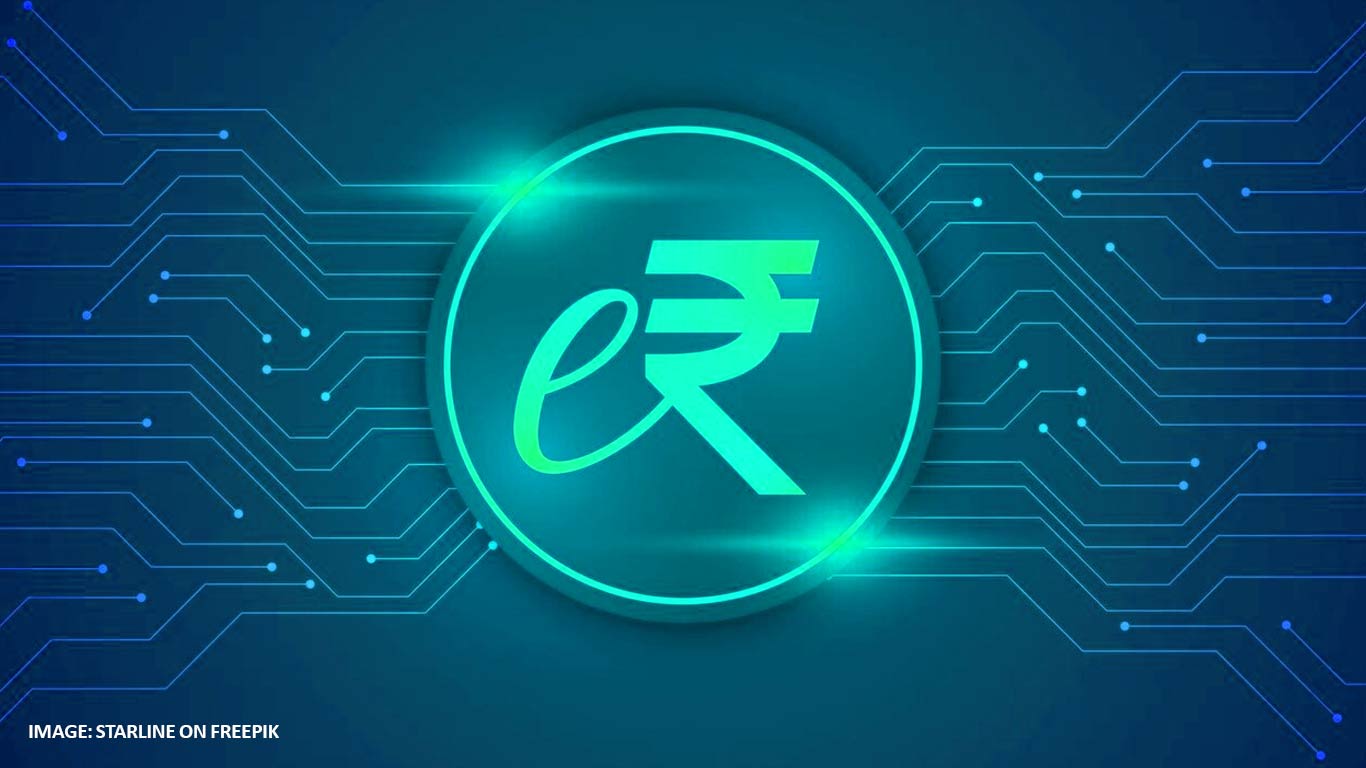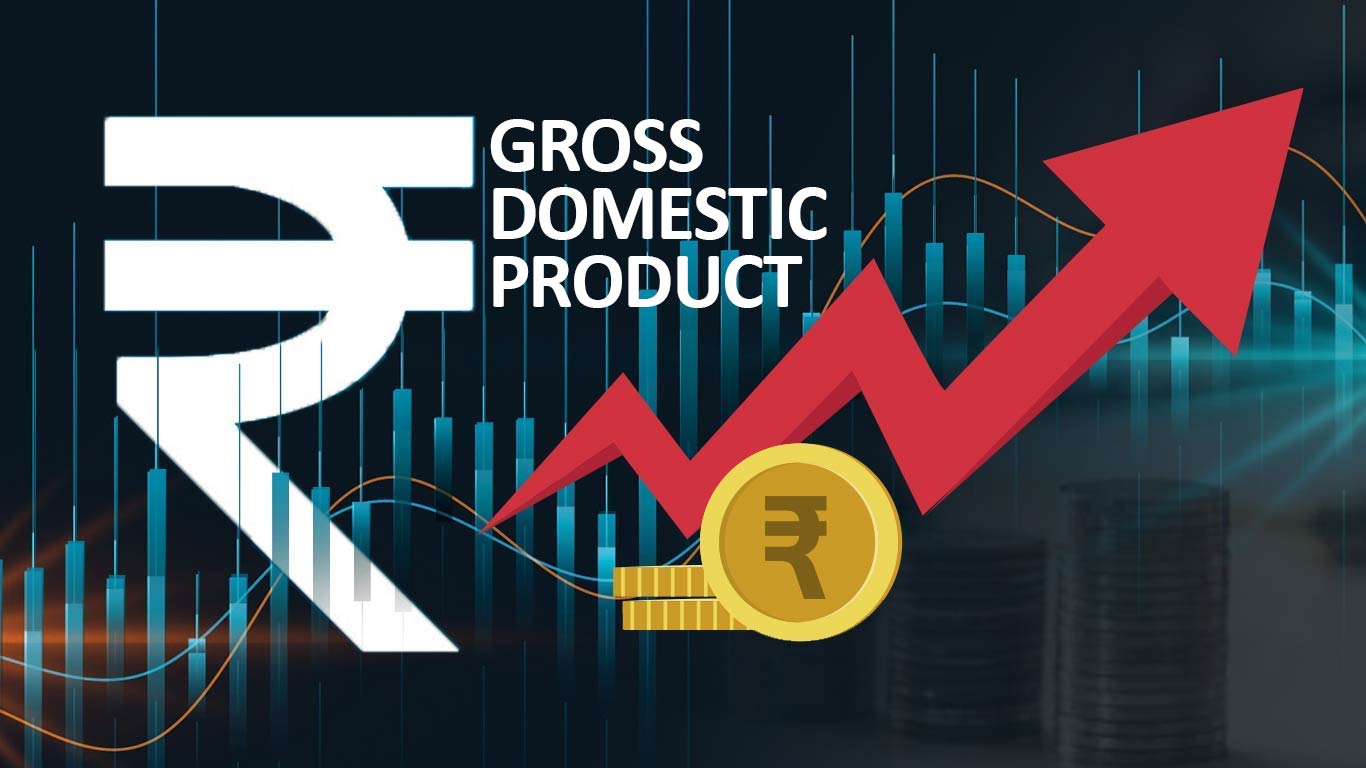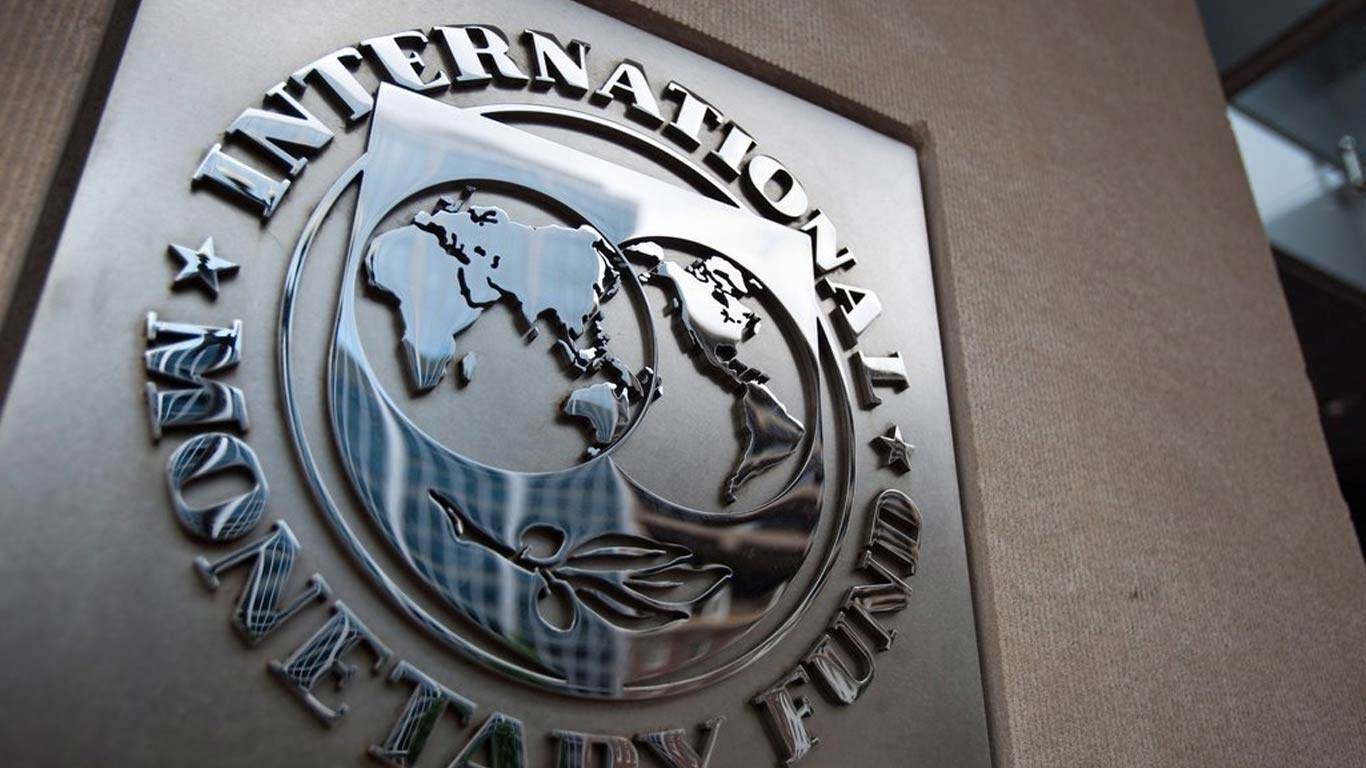RBI proposes 'big bang approach' to resolve payment delays to MSMEs
Updated: Mar 20, 2014 01:49:34pm

The RBI has sought feedback on a concept paper titled 'Trade Receivables and Credit Exchange' that discusses the subject of financing the micro, small and medium enterprises (MSME).
The concept paper seeks to address the concerns related to financing the MSME sector given its potential in growth, employment and inclusion in economy and society.
RBI has proposed two models in its concept paper, “There are two distinct aspects to the model – (i) the primary segment where MSME bills are dematerialised and discounted through the electronic platform through the mechanism of reverse factoring (ii) the secondary market segment where the already factored / discounted invoices are further traded.”
“There are two options to achieve this – one is to take a big-bang approach and commence both segments simultaneously and second to take a phased approach where the model may start with the simplicity and straight-line approach of the Nacional Financiera (NAFIN) model in the first stage, and once the initial model stabilises, the second stage of secondary market trading of already factored invoices could be considered,” it said.
“Given the potential of MSMEs in unlocking growth, employment and inclusion in the economy and society, there is a pressing need to address concerns related to financing of this segment,” RBI said.
Despite efforts on multiple fronts as well as enabling legal and regulatory provisions, the MSME segment continues to be belaboured with the problem of delayed payments and dependency on their corporate buyer/s, it added.
"...This concept paper has been prepared taking into account the interest expressed by a few entities and in consultation with a few stakeholders.
"Though it is desirable to implement such a model for the benefit of a vast section of business entities in the country, it is also imperative to understand and address the many issues and challenges," outlined the preface of the concept paper.
The concept paper goes on to say that one of the constraints impacting the MSME sector is inadequate finance, particularly working capital.
"In the case of MSMEs, the need for quick conversion of trade receivables, an important component of current assets of business entities, into cash assumes great importance since the lack of opportunities affects their liquidity and thereby their business, quite significantly," it said.
“It is also imperative to understand and address the many issues and challenges outlined through wider consultation process. To this end, the Reserve Bank has sought views on the concept paper on Trade Receivables and Credit Exchange in the country. Specific and actionable feedback would be highly valued,” said RBI.
The comments may be emailed at msme@rbi.Org.In or sent by post on or before April 20, 2014, it added.
“However, despite the initiatives taken by the Government of India and RBI to address the issue of delayed payments of MSMEs, the problem continues to persist primarily because of the dependency of the MSMEs on the corporate buyer and the inability of the MSMEs to take up the problem of delayed payments through appropriate institutional setup created for the purpose,” said the concept paper.
“Thus, there is a need to build a suitable institutional infrastructure which will not only enable an efficient and cost effective factoring / reverse factoring process to be put in place, but also ensure sufficient liquidity is created for all stakeholders through an active secondary market for the same,” it added.
According to the concept paper the issues that need to be addressed are, “It is expected that the proposed model will prove beneficial to all stakeholders in the system – MSME (suppliers), buyer corporates as well as financiers.
“The MSMEs would be able to obtain working capital finance at favourable rates as the platform would provide instant liquidity to their receivables portfolio, which, in turn would enable their businesses to grow. They would also save on collection costs of their receivables. For the buyer corporate entities, benefits would accrue in the form of savings on administrative and processing costs. Improved relationship with the MSME suppliers may also facilitate in negotiating better terms with them in future. Financiers, on the other hand, would be able to increase their lending operations without increase in risks as financing would be towards high quality receivables (gain from the lower risk weights of corporate), as also benefit from building up credit history on firms,” it said.
The key findings and lessons learned according to the concept paper are, “The success of the Cadenas Productivas program demonstrates that it is possible to successfully provide factoring without recourse, even to SMEs without credit histories, giving these enterprises the opportunity to increase their cash stock without increasing their indebtedness. It also demonstrates how electronic channels can be used to reduce costs and provide SMEs with greater access to financial and non-financial services.”
“The use of an electronic platform was a critical success factor, allowing NAFIN to achieve economies of scale and provide more affordable, faster services. It is important to note, however, that the subsidy provided by NAFIN (Nacional Financiera) is a key factor in making this program cheaper than commercial factoring.”
“The existence of a supportive legal and regulatory environment was also a key success factor. Mexico has electronic signature and security laws that should serve as models for other countries,” it added. (KNN/SD)











